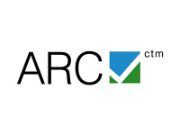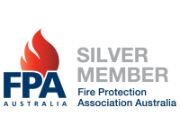Fire Services
ME Fire Solutions is the latest addition to ME Engineering Group service offering. Our team in fire services comprise of experienced personnel in the fire sector. With our mission to provide timely professional services for our clients while delivering the highest quality and most cost effective fire solutions.
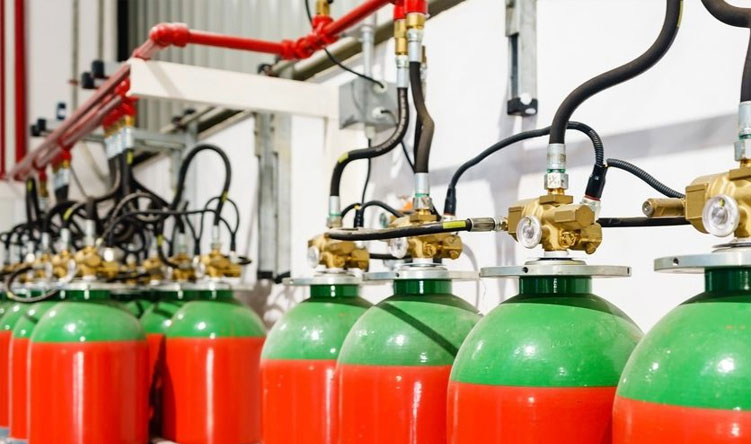
Fire Suppression & Hydraulic Systems
Stopping the spread of fire in a building is done through the use of chemicals and/or wet agents in order to extinguish the fires.
Fire suppression systems are the systems which control the release of these agents in order to prevent and stop a fire within a building.
The more advanced the fire-suppression system in a building, the more likely you are to prevent larger scale damage to the building, its equipment, and people, resulting in costly business downtime or replacement/repair costs.
When considering a fire suppression system, it is important to know which solution is going to be the most relevant for your situation. Below are some of the main options we can help deploy for your business.
Water-based Sprinklers
Water based sprinklers are one of the most utilised means of fire suppression. Usually these systems are used when the main fire fuel sources consist of wood and paper, as water can extinguish these fires quite easily. However, water is not recommended for use in situations where electrical or oil/grease may be involved as this can cause additional hazard and spread the fire.
Water can also further damage the property and its equipment, as such further consideration needs to be made when considering this option for use in your business.
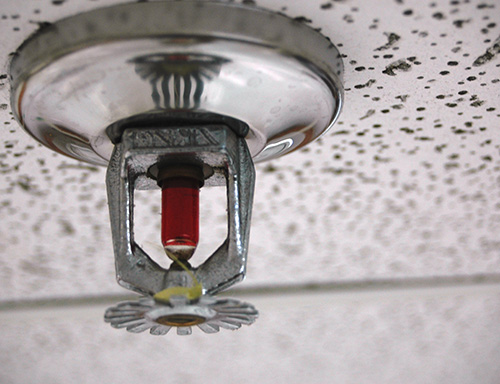
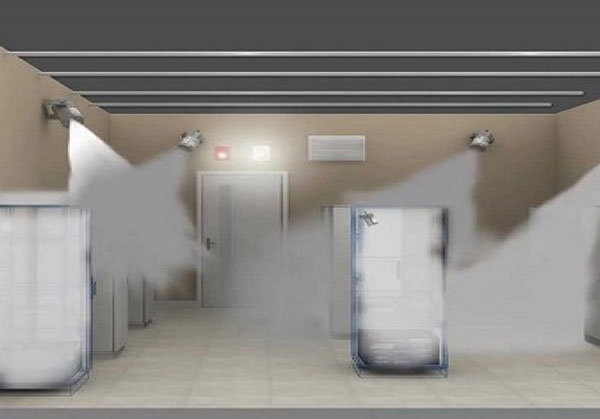
Aerosol Suppression Systems
Fire suppression systems that utilise condensed aerosol can be a viable solution for areas of a building which are not occupied by personnel, or where there is not sufficient space to store a larger suppression system.
These systems are able to greatly reduce damage from a fire compared with other fire suppression systems. They are also suitable for a wider range of fires, including combustible liquids wood & paper, cloth, rubber & plastics, making them a great choice.
Clean Agent Systems
For fire suppression that can extinguish a fire quickly, while not leaving any further residue that can damage equipment or that needs to be cleaned up, clean agent systems can be used. These systems are often used for critical business asset rooms such as those in data centers & telecommunications, electrical cabinets and sensitive storage.
Clean Agent Systems are environmentally friendly, offer little or no cleanup, are safe for use with electrics as they offer a non-conductive solution, while also being safe for those spaces utilised by personnel.
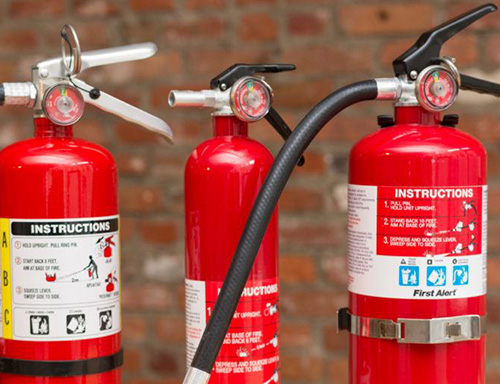
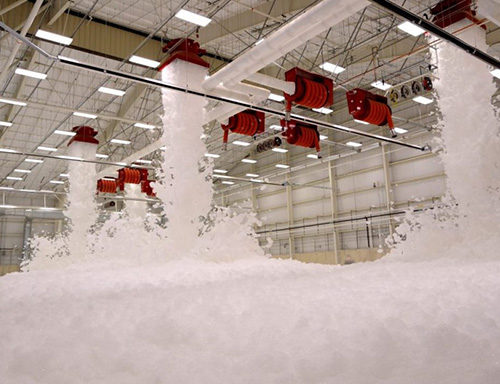
Foam Suppressants
Foam fire suppression systems are most often used alongside a wet system. As an integral part of many modern fire suppression systems, water mixed with the foam concentrate smothers the fire to separate fuel, heat and flames which subsequently extinguishes the fire. Most commonly these systems are deployed via special equipment which is designed to enhance the foam and its deployment such as monitoring systems, foam generators and sprinklers.
Foam systems are known for working in circumstances where there are a wide range of flammable and combustible liquids, however, as with Wet Suppression Systems there can be some significant cleanup after use.
Fire Detection and Alarm system
Some of the most important systems when dealing with a fire is the ability for the building to detect a fire, warn any occupants, and alert relevant fire authorities. These systems do not usually suppress or stop the spread of a fire without some form of interface with a Fire Suppression System.
Fire detection systems usually utilize heat, flame or smoke detectors in order to detect and alert occupants and the fire authorities of a fire situation.
Ensuring installation of a reliable and effective automatic fire detection system, combined with an effective fire warning system can help the assessment of structural fire protection on escape routes which can help offer cost effective solutions.
Both the industrial and commercial sectors utilize smoke detectors and sprinklers in order to stop fires spreading, which can ultimately destroy business assets and property.
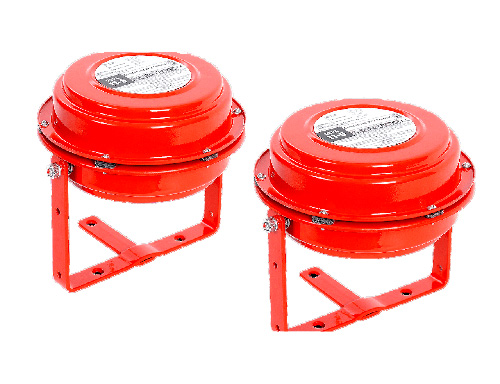
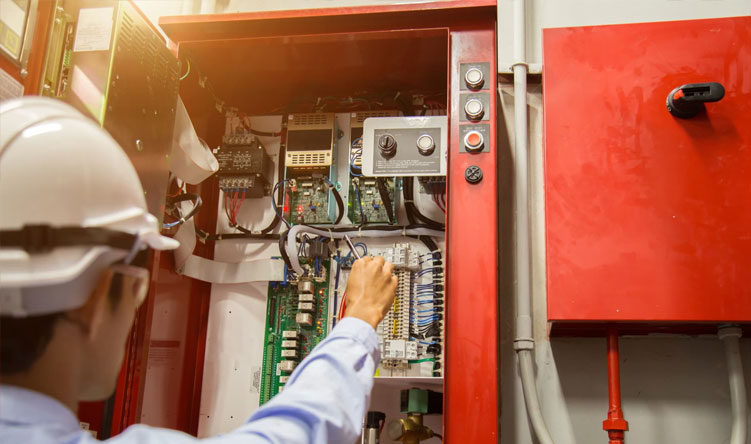
Fire control panels
In order to offer greater control and monitoring services, a fire control panel is installed to interface with the fire alarm, notification and suppression systems. This control panel connects to sensors throughout the building allowing for information to be collected in order to ascertain any environmental changes that might predict or detect a fire.
These panels can alert employees of events allowing staff to make better decisions to prevent future hazards, as well as allowing the effective and automated deployment of systems when a hazard has occurred

